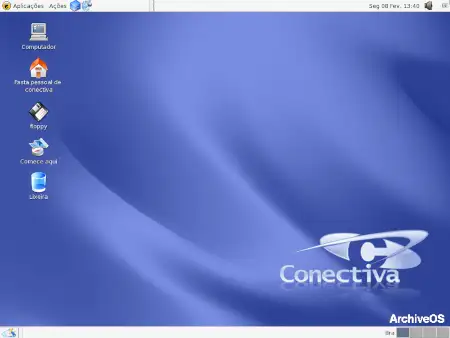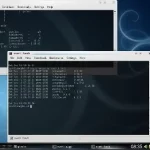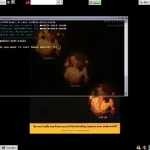Last Updated on: 15th October 2023, 11:48 am
Web site: conectiva.com.br (not active)
Origin: Brazil
Category: Desktop, Server
Desktop environment: AfterStep, Blackbox, Fluxbox, GNOME, IceWM, KDE, WindowMaker, Xfce
Architecture: x86
Based on: Independent
Wikipedia (PT): Conectiva
Media: Install, Live CD
The last version | Released: 10 | July 5, 2004
Conectiva Linux – an independent Linux distribution for the Latin American market. Conectiva Linux was forked from Red Hat Linux, based on RPM packages and used APT to update and install packages.
Conectiva was a company founded on August 28, 1995 in Curitiba, Paraná, Brazil, by a group of friends, mostly public employees of Banco do Brasil, together with Arnaldo Carvalho de Melo, who was a pioneer in Linux distributions and free software in Brazil and throughout Latin America.
The “Crystal” icons for KDE, which were designed by Conectiva employee Esveraldo Coelho, and the “apt4rpm” port for the Debian GNU / Linux package management, were developed by Conectiva. Conectiva also developed the Synaptic graphical user interface. Conectiva employed a.o. Rik van Riel and the kernel maintainer Marcelo Tosatti.
Conectiva also developed in the area of the Linux kernel, the high availability of Linux and in the area of drivers. Also: XFree86, network protocols, firewall, Linux clusters, performance analysis and optimization, file and resource management.
On January 24, 2005 it was announced that the company MandrakeSoft had acquired Conectiva for 1.79 million euros. On April 7, 2005 MandrakeSoft announced the change of the company’s name to Mandriva and its distributions to the name of Mandriva Linux.
The first version of Conectiva Linux 1.0 Parolin was released October 7, 1997.
The last one version 10 released July 5, 2004.
The live ISO’s user is: default/conectiva/root without password.





